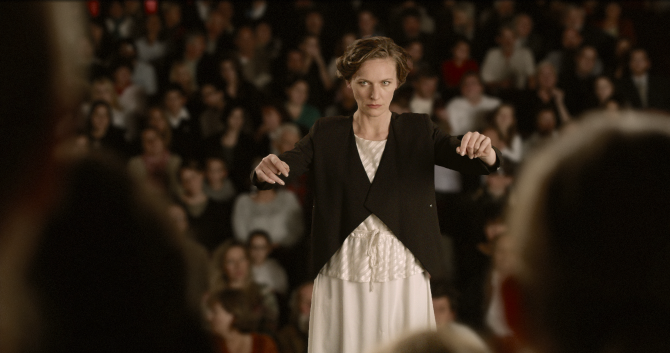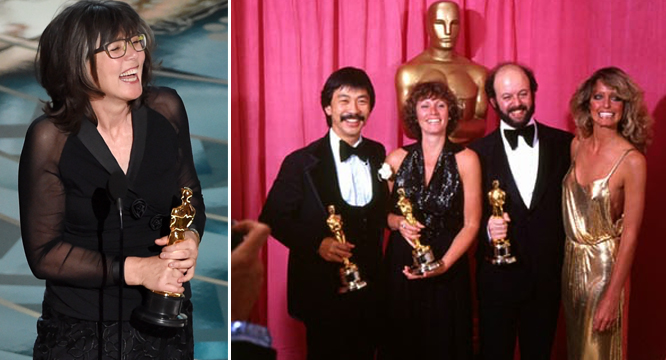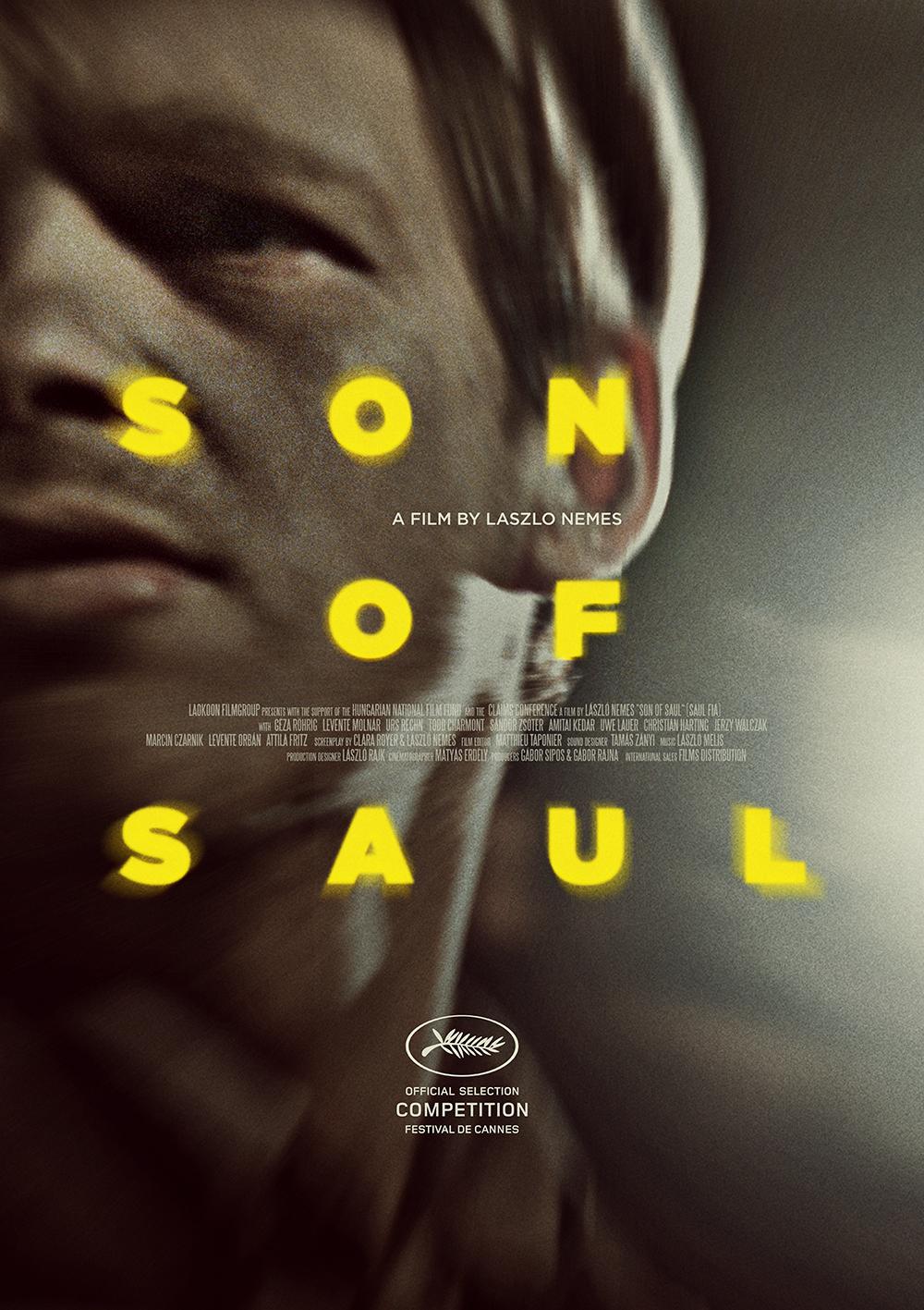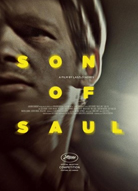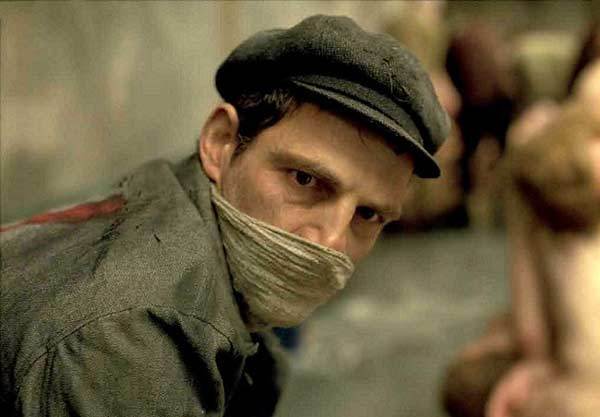TIFF: Foreign Oscar Hopefuls from Hungary & Belgium
 Friday, September 8, 2017 at 10:01AM
Friday, September 8, 2017 at 10:01AM by Nathaniel R
On day one of TIFF two official Oscar foreign film submissions, one emphatically weird but kind of irresistible and the other mainstream but lush and erotically charged.
 what's that panda doing in her bed?
what's that panda doing in her bed?
On Body and Soul (Hungary)
Written and directed by Ildikó Enyedi
Ildikó Enyedi first came to niche fame in 1989 winning the Camera d'Or at Cannes for My Twentieth Century the story of identical twins separated as children who both board the Orient Express as much different adults unaware of the other. The film had a succesful arthouse run in the US and was submitted but not nominated for Best Foreign Film at the Oscars. 28 years later Enyedi is winning prizes again for another film that concerns doubling...




